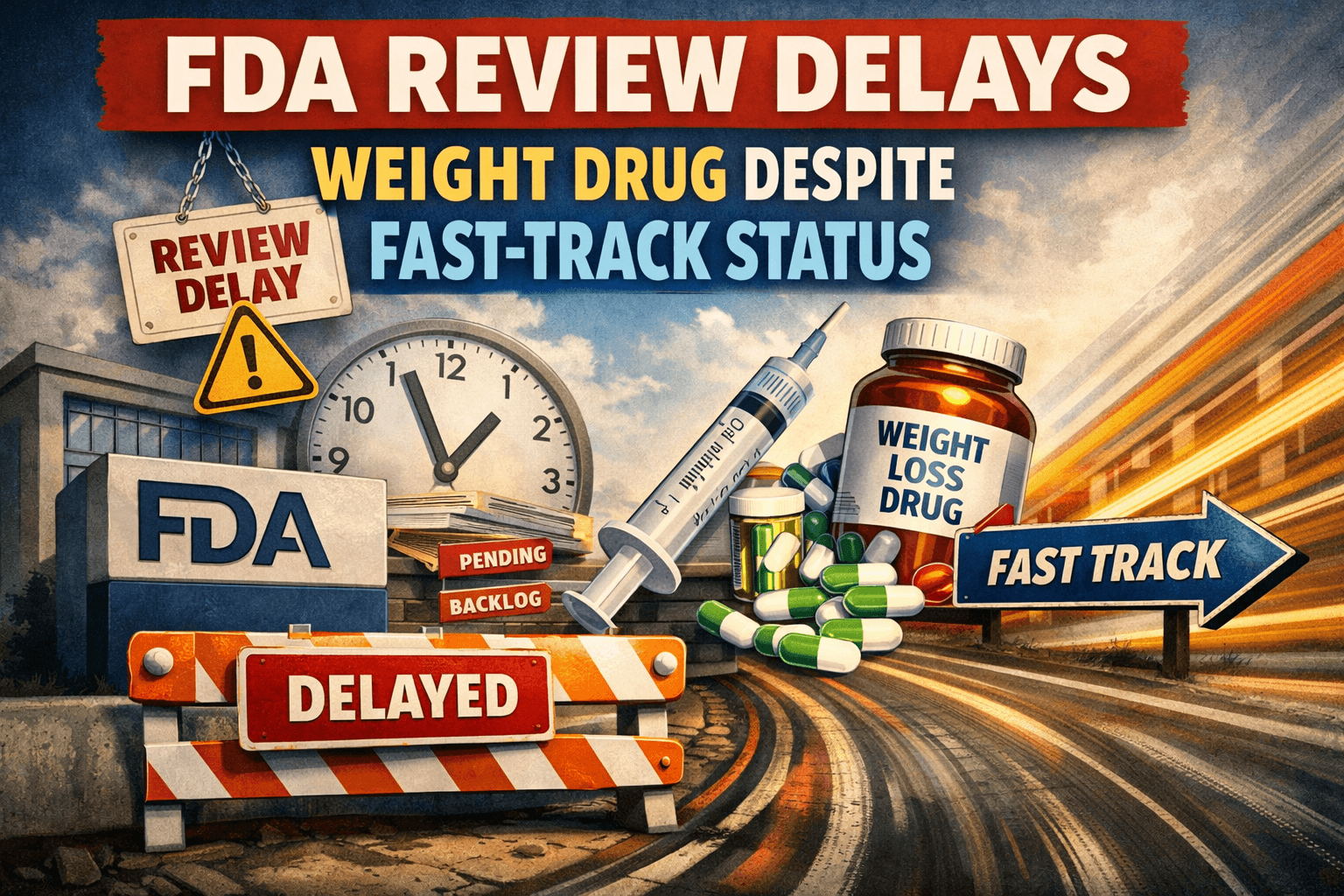The FDA’s Meltdown Escalates
Nov 10, 2025
By The Editorial Board, November 06, 2025 | From: WSJ
The Food and Drug Administration shouldn’t be in the news if it’s doing its job right. By that measure the FDA is failing in spectacular fashion. The agency this week is making news for all of the wrong reasons, and the dysfunction could have life and death consequences for patients.
The biotech firm UniQure on Monday reported that the FDA had moved the goalposts for approving its Huntington’s disease gene therapy. There are currently no approved drugs that can slow progression of the brutal neuro-degenerative disease, which afflicts about 40,000 Americans. The FDA in April designated UniQure’s treatment a “breakthrough therapy.”
The agency also previously said UniQure could apply for accelerated approval if its drug showed statistically significant benefits with three years of data, and its trial could include an external control group that didn’t receive a placebo. The gene therapy’s administration requires brain surgery, so a placebo arm isn’t practical.
UniQure reported in September that its treatment slowed progression by 75%. Hold the hallelujahs. UniQure said Monday that the “FDA currently no longer agrees that data” are “adequate” for approval. That means UniQure might have to run another trial with a placebo group, which could take several years, if it can even find patients who will volunteer to receive a placebo.
“This is a key shift from prior communications with the FDA” in multiple meetings over the past year, UniQure said. Join the club. As we’ve reported, Replimune, Capricor Therapeutics and others have disclosed that the FDA under Vinay Prasad, who leads the biologics and gene therapy division, has moved its benchmarks for approvals.
That means patients have to wait longer to get access to life-saving medicines. The FDA’s arbitrary and shifting standards also create uncertainty for drug development, which has been compounded by the agency’s recent chaos and dysfunction. Dr. Prasad has been cleaning house and consolidating power over drug-making authority.
On Sunday came news that George Tidmarsh, the FDA’s Center for Drug Evaluation and Research chief, resigned after an ethics complaint from a former biotech business partner. FDA Commissioner Marty Makary tapped Dr. Tidmarsh in July to lead the division that oversees many drug reviews, and he was a bad choice from the start.
Dr. Tidmarsh shares Dr. Prasad’s regulatory paternalism. He has criticized the FDA’s past leaders for “endangering patients” by approving drugs that “gave them false hope,” and “cost vast amounts of money that our health case [sic] system can ill afford.” In September he called for a reappraisal of the FDA’s accelerated approval process.
“We have approved drugs with significant toxicity like vocolosporin [sic] that has not been shown to provide a direct clinical benefit for patients," Dr. Tidmarsh posted on LinkedIn. The FDA approved voclosporin for lupus nephritis in 2021, and Dr. Tidmarsh furnished no evidence to support his claims that it is toxic or ineffective. He later deleted the post.
But his drive-by attack on voclosporin caused a plunge in the share price of Aurinia Pharmaceuticals, which makes the drug. Aurinia chairman Kevin Tang filed an ethics complaint with the government, which was followed by a lawsuit against Dr. Tidmarsh on Sunday. The lawsuit says Mr. Tang and Dr. Tidmarsh are former business partners.
Their relationship allegedly soured when Mr. Tang in 2019 asked Dr. Tidmarsh to resign as CEO of a biotech company that Mr. Tang chaired. The lawsuit alleges that Dr. Tidmarsh used his FDA position to continue a “personal vendetta” against Mr. Tang. This included taking regulatory action in August that hurt a company partly owned by Mr. Tang, American Laboratories.
The lawsuit says Dr. Tidmarsh’s personal attorney then requested that Mr. Tang extend financial payments to a Tidmarsh-associated business entity. The letter from Dr. Tidmarsh’s attorney cites “issues” American Laboratories was experiencing. Mr. Tang claims he was being extorted. These are serious allegations, and Dr. Tidmarsh denies wrongdoing.
He says he was pushed out because of disagreements with Dr. Prasad over personnel and policy. Regardless, Dr. Tidmarsh’s social-media smear against Aurinia showed awful judgment, and the whiff of impropriety damages the FDA’s credibility. Ditto the FDA dysfunction, which is impeding the launch of life-saving drugs. The FDA was a success in Mr. Trump’s first term. So far it’s an embarrassment in the second.
Type something …
Search


















